Collecting runners data and following a training plan based on these data can be very helpful to many of us runners. But not all runners are that data oriented. Some aren’t even after a certain running goal. They just run for fun and overall fitness! They go with the flow, based on how they feel. Another reason why some runners prefer to run by feel and without a GPS watch, is because they expect to become too obsessed about data. And they might fear that data analytic could become too time-consuming for them. There’s also a group of runners, that just map out routes and keep track of their mileage and duration and that’s enough for them to prepare for a race. Personally I wear a GPS runners watch, to keep track of my mileage and speed, because I’d like to see my improvements. Or because I use the interval training feature to assist me during an interval training. I’ve been running for a couple of years now and to me that is enough support to get prepared for a half-marathon. I do have the ambition to improve my previous race time though, so I’ve been researching this topic, because I wondered: “Will runners that train by feel, be enough prepared for a marathon, for example?” The answer to that questions is “yes”.
Successful race preparation without modern data technology
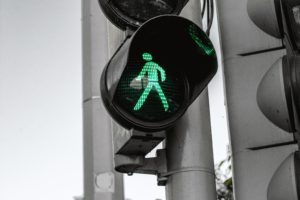
There are many runners who never wear GPS watches, even marathon runners. They keep track of their training just by using a map, taking notes and timing the duration of their runs. And they are able to get good race results too.
Their training are based on how their bodies feel at different intensity levels and they can actually rely on this feeling throughout a training or race. Developing an intuitive sense of how fast you’re running or how you use your energy will also benefit in not over training yourself and so this could be very helpful to prevent injuries too. If you’d like to know how to reach your full potential by running by feel, please check out Matt Fitzgerald’s book “RUN – The mind-body method of running by feel”.
Fitzgerald’s method will describe how runners think about training, their personal limits and their potential. RUN explains how to interpret emotional and physical messages like confidence, enjoyment, fatigue, suffering, and aches and pains. RUN guides readers toward the optimal balance of intensity and enjoyment, volume and recovery, repetition and variation. As the miles add up, runners will become increasingly confident that they are doing the right training on the right day, from one season to the next.
Running based on data analysis
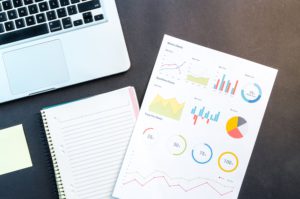
The data oriented runners like to measure their runs. They like to know what’s the best they are capable of, for each training or race. They wear a GPS runners watch and collect and analyse their running data. The collected data can be transformed into a personal training plan to prepare for the next race. And they’ve probably set themselves a new time target for the next race. The insights in their running data might give them more peace of mind.
It’s not just race runners who wear GPS watches. There are several reasons why it’s useful to collect data. Some use their data to achieve health related results and therefor they wear it as a fitness tracker to monitor their activity, heart rate, sleeping routines, etc.
What is the right GPS runners watch for you?
Is a more expensive GPS runners watch with a lot of features automatically the best choice? Or are there cheaper options, that will do the job well enough for you? It is really very personal whether you’d like a more advanced one or choose a more basic watch. It will depend on of why you want a GPS running watch in the first place. What will you use for? And how often will you use it: just for your workouts and races or would you wear it all day?
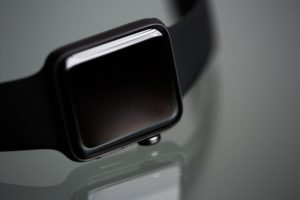
Things to consider are:
- Will you use it for running only or also for other sports (like swimming, bike riding, treadmill runs, etc) ?
- Which features do you really need for your runs? Which data do you wish to collect?
- Do you wish to monitor your heart rate and VO2max? Or would it be enough to track speed (pace), distance and time?
Write down what you’d like your watch to do for you. The need-to-haves and the nice-to-haves. This will help you in your search for the right GPS runners watch whether you opt for a basic watch or a more advanced one. The basic watches will be equipped with fewer features and are usually cheaper too. If you wonder to you should opt for a higher priced, more advanced watch, just ask yourself how often you’ll be using the watch and all its features. Are you planning to use it once or twice a week during a short run, or will you wear it every day?
How to select your GPS running watch
When searching the Internet, you will discover a huge variety of GPS runners watches. How will you select the one that is best for you? I recommend having your selection based on:
- design & style
- price & value
- features
- battery life
- reliability & accuracy (check out the customer reviews)
- user-friendliness
Being a moderate runner who likes to track my results and progress, I have been wearing a TOMTOM SPARK3 GPS watch for over four years now and up until now I am still a happy user:
It features multiple sports modes (run, cycle, swim, treadmill & gym), GPS tracking, route exploration, built-in heart rate monitor and fitness age tracker. This watch still does its job good enough for me. I’ve recently replaced the wristband, but part from that I have had no complaints. I do enjoy data analytics and as I am reading more about it, I am considering to purchase a more advanced watch in the future. I am planning to run my second half-marathon in September 2020 and it will be my goal to beat the 2 hours race time. If I’ll accomplish, I will reward myself with a new watch. I’ll keep you posted on my progress and results afterwards.
If you are looking for the most simple and inexpensive GPS watch, then have a look at the “Timex Ironman GPS watch”:
It uses a standard micro USB charging cable for 12-hour battery life, it tracks multiple sports metrics (swim, bike, and run) and it tells you your times and location. That’s all: no heart rate, no alerts; just the basics. It is very user-friendly and might be helpful for runners who train by feel, to replace their map and notebooks.
If you are aiming on the most advanced GPS watch that has the most features at this time, then check out the “Garmin Forerunner 945“.
It is much more expensive, but it features every tool a runner or triathlete could wish for. The battery will last 36 hours (10 hours with music) and offers Bluetooth, ANT+ and WiFi connection. It tracks down all your activity and constantly monitors your heart rate. It supports music playback and it stores up to 1,000 songs (your own MP3’s or synced from Spotify and other music services). The route maps (in colour) are being displayed on the watch, no computer or phone required.
So what’s best: running by data or by feel?
It is hard to give you an answer to this question. It’s what you prefer, really. I think running with a GPS watch can help you support in planning your training based on knowledge about data analytic. But it’s not absolute necessary as running by feel can lead to good results too.
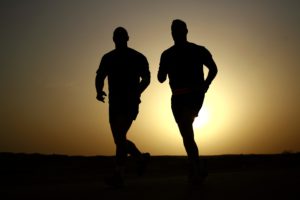
When you’ve already been using a GPS runners watch for a while and you have been training with the available data technology, it’s not easy to go completely back to running by feel. There’s nothing wrong with tracking your workouts, measuring your accomplishments and being happy with improved results. But there’s nothing wrong either with “just” being satisfied with your runs, based on the good feelings you have about them. It just might be worth to experiment both. Just do it: with and without data to think about. It can be very refreshing to ditch the watch every now and then and just go with the flow: run by feel. Try to focus on the surroundings or on your breath or on your running technique. Now compare it to running with the GPS watch and decide what suits you best.
Whichever you choose, with or without GPS running watch, I wish you More Fun 2 Run! I hope you’ve enjoyed this article. If you have any questions, please send me an e-mail at an*******@mo*********.com or leave your comment below and I will get back to you.

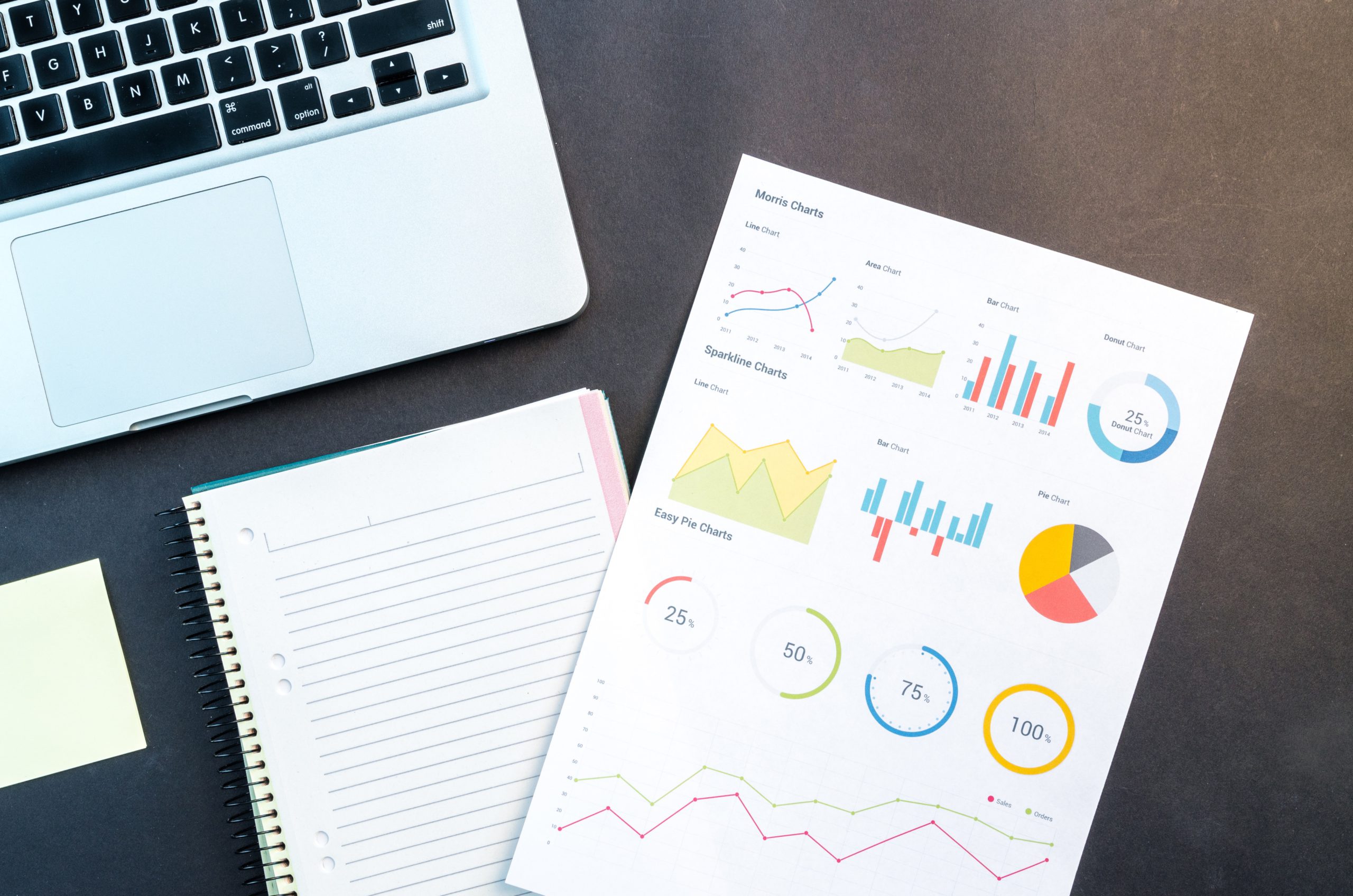



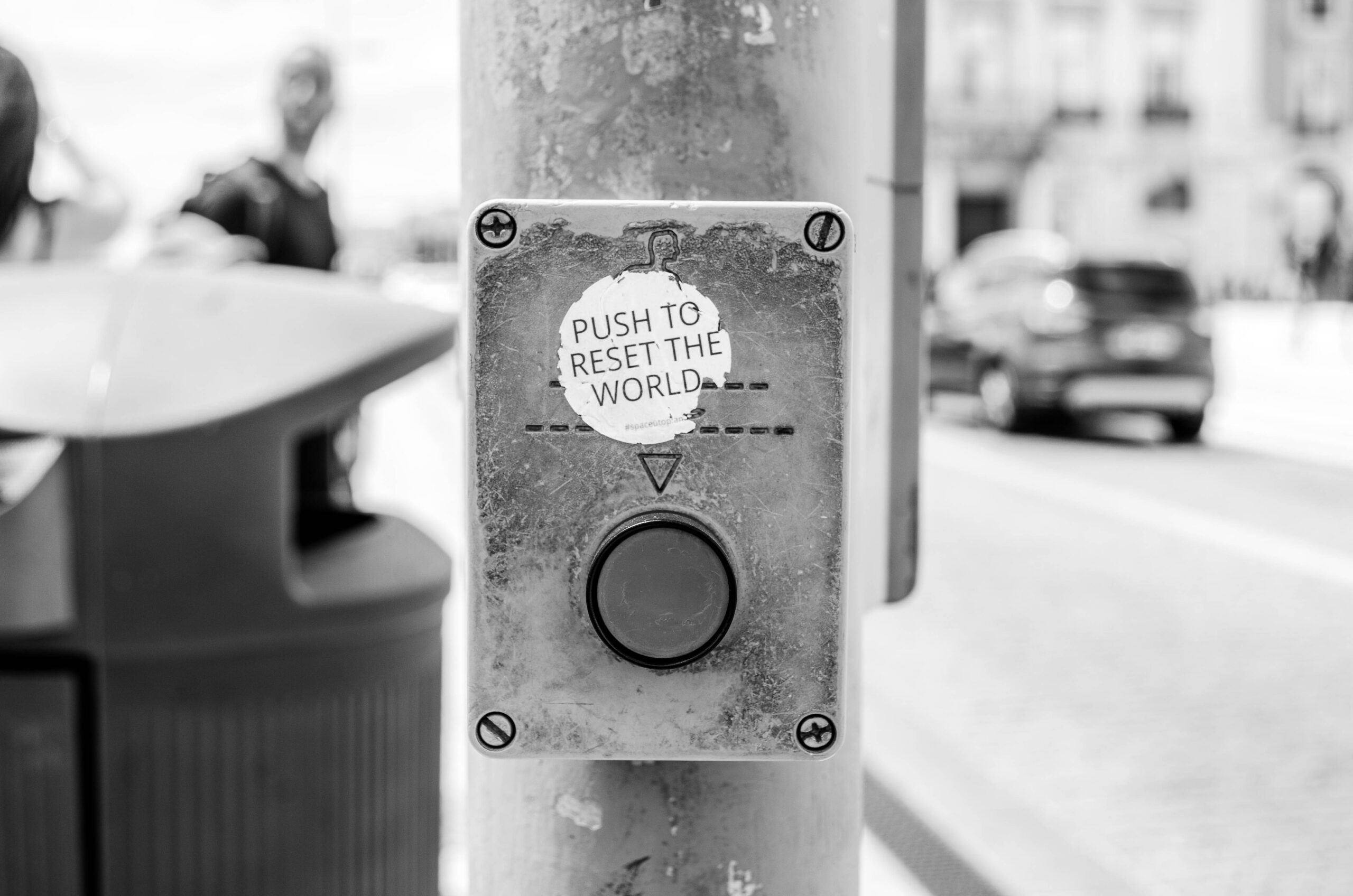
Thanks for the article. I run/walk for my health about an 1- 11/2 hours 5 days weekly. I have never considered a devise to tell me things like speed, heart rate etc. This post has really got me thinking that monitoring both the work I am doing and progress I am making would be a good think. Thanks for the tips on how to select a runners watch. I think I will begin with something fairly inexpensive to see if I would use it. I am certainly not in the class of a real runner, but monitoring might be fun.
Hi James.Thank you for dropping me a message. I borrowed a smart watch from someone to start with but as soon as I had measured my achievements and results I wanted my own. I started off with a simple one, and it did for me what I wanted it for. Now I’m getting more and more into it I feel like buying one with more features. I haven’t decided which one yet but for sure I’ll write a product review as soon as I’m wearing my new watch. Enjoy your walks!
I really like to run, I ran a half marathon last year, and I really didn’t use GPS or Smartwatch, but as soon as I could start recording my data and performance, it made it easier for me to improve.
I must admit that checking my smartach from time to time while running, made me feel good and continue :).
The most important thing for me is to be able to check my heart rate, since it is the variable that most affects my preformance. With this I was able to work on my improvement.
I have not yet begun to register my sleep routines, but I know that this can be an improvement in my overall health.
Have you used these clocks to record your sleep cycles? What was your experience?
I’m going to check some of the models that you suggest to see which one can help me with this, and even give me more ideas to improve my overall health
Thank you very much for this review.
regards
Pablo
Hi Pablo, thanks for your message. Personally I don’t track my sleeping routines. I’m a good sleeper anyway. Heart rate during workouts is something I’m monitoring but it’s not the main factor to train upon for me(at this moment). I prefer to focus on breathing vs strides. But in future I might use my heart rate zones as a training factor too (there’s written a lot about this; still looking into it). Let me know how you go! Enjoy your runs!
Hi Angelique! I like to use GPS in many areas of my life. And this is also true concerning running. I had a cheap GPS watch and I thought it wouldn’t endure very long. But despite what I thought, it lasted 3 years with me. But ending last year, it’s life also ended. So, I wanted to purchase a decent GPS watch this time. I like the TOMTOM SPARK3 GPS watch. Your good experience with it and also it’s affordable price, have made me make up my mind.
Thanks for this post!
Good to read Paolo! Let me know how you go!